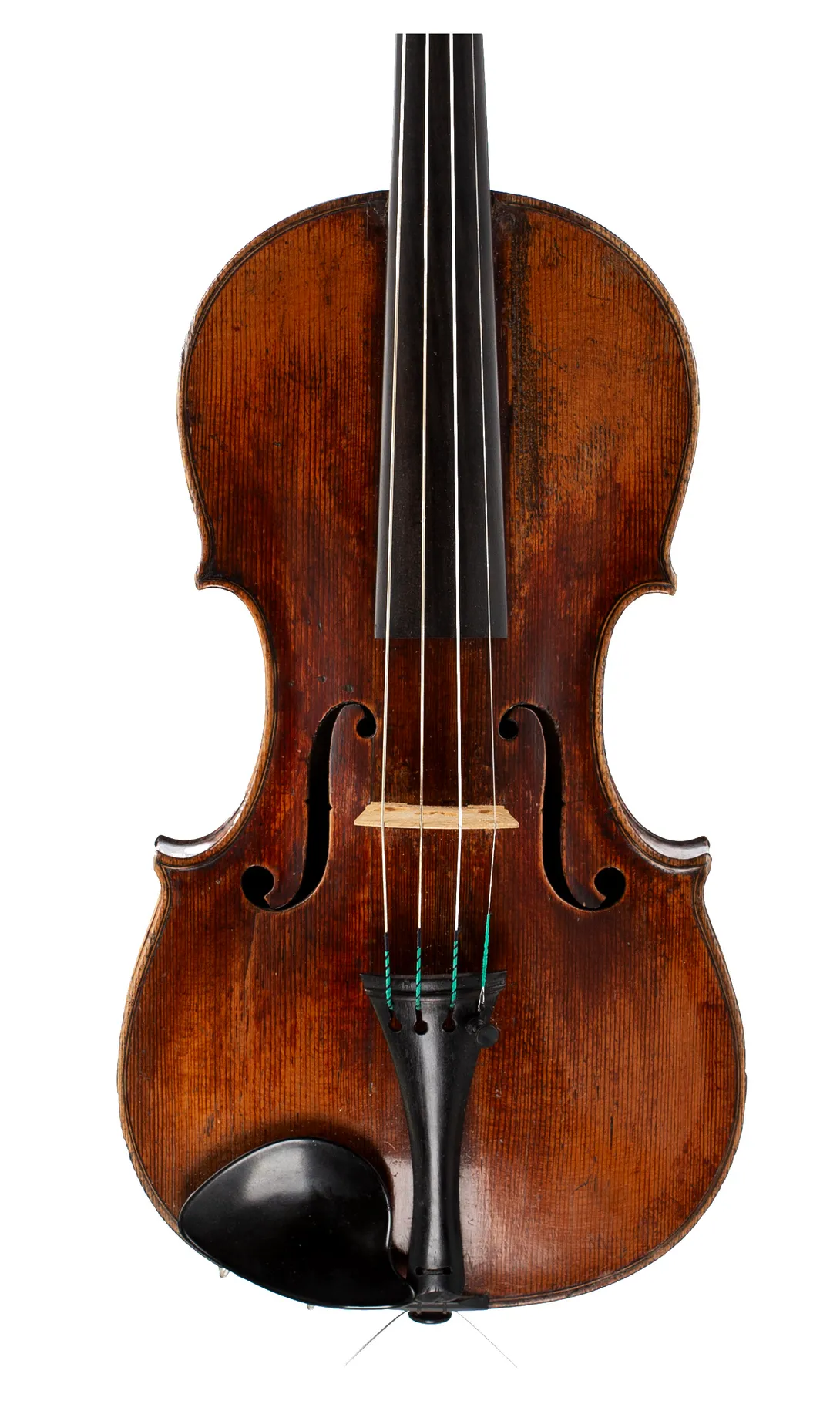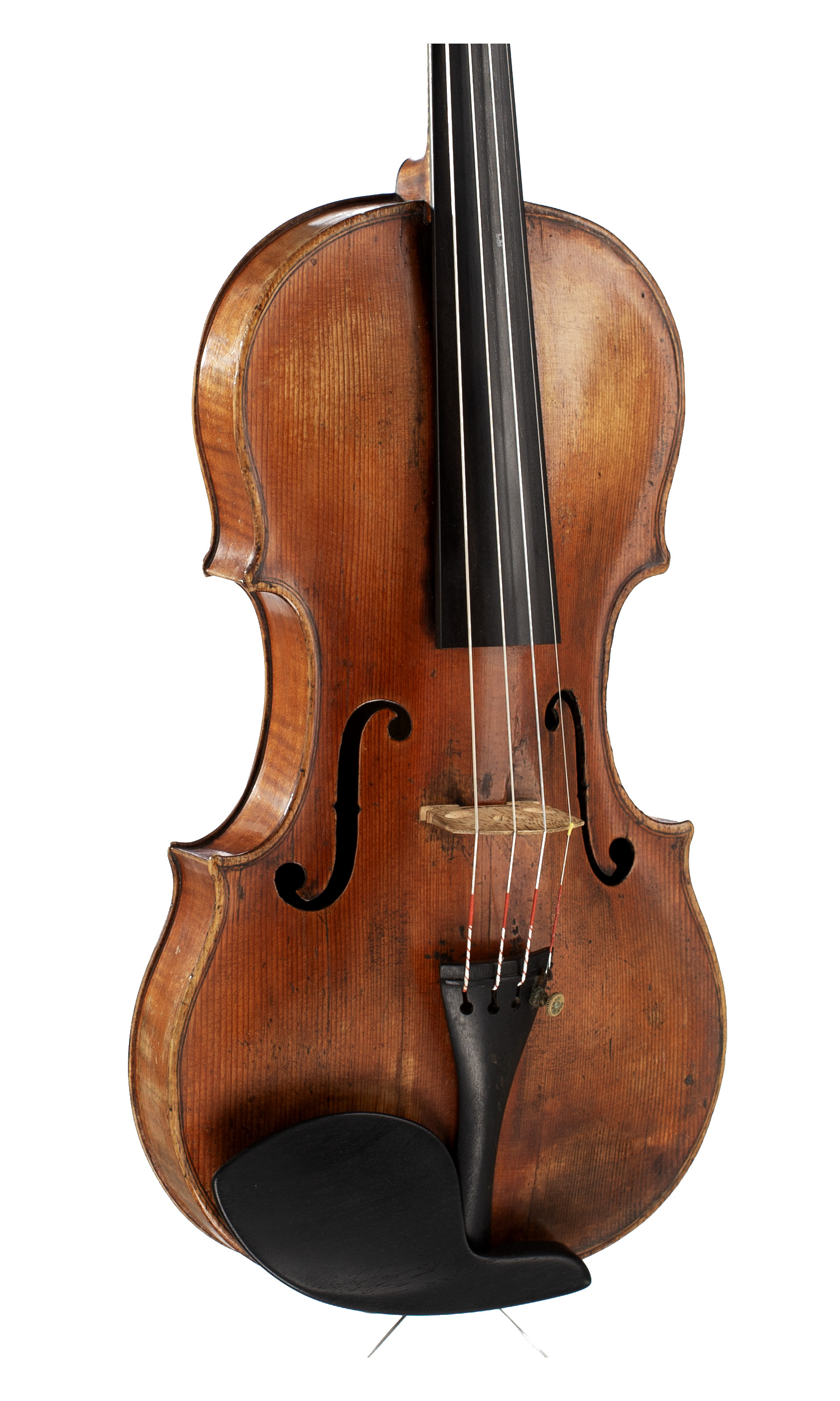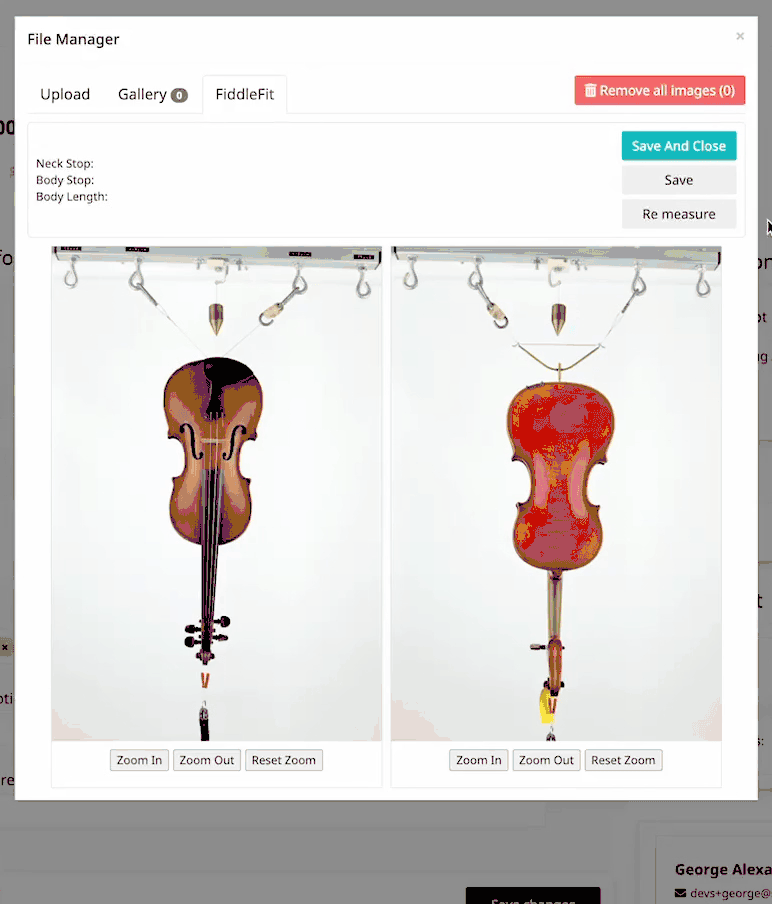Top musicians back petition to exempt ANTIQUE bows of stringed instruments from the Ivory Act registration requirement.
In December 2018 the UK parliament passed the Ivory Act. Musicians, music shops and auction houses are going to be severely affected by a new requirement to register pre-1975 bows of stringed instruments under the Ivory Act. The practicalities of doing so, along with the cost (not yet published) will make it very difficult to buy and sell antique bows.
The music community fully supports measures to tackle the illegal trade in ivory. However, bows are no longer made using elephant ivory and are not connected to elephant ivory trafficking. The time and expense involved for those in the music professions as well as the authorities will be huge, without providing any countervailing conservation benefit.
These resources would be better spent on tackling the true sources of poaching and trafficking. The ethics of this Act cannot be faulted, but the practical application can. The only outcome of having to register and pay a fee for this small fragment of antique ivory, will be unnecessary damage and devaluation of bows because people will simply remove the ivory rather than complete this bureaucratic and costly process.
Over the last few months, behind the scenes a few people in our field have been lobbying the UK government to try and get exemption for ivory head plates on bows. We even managed to get an amendment in the bill, but frustratingly it was not passed. So, it is time to bring this very important issue to a wider audience.
British cellist Steven Isserlis urges the government to take note, explaining:
“These are works of art, in many cases dating from several hundred years ago. To remove the ivory or other newly forbidden products is to deface, as well as devalue, them. I am in absolute agreement that these products should not be used in new bows; but in the case of those already made before the new rules came into force, it seems unnecessary and impractical. I do hope that the aesthetic as well as monetary value of these beautiful objects will be taken into account.”
Adding her voice to the argument, violinist Tasmin Little is worried about how this new Act will affect touring musicians, saying:
“As a professional musician, I have been touring abroad for the past thirty years and the issues facing musicians with regard to travel are becoming ever more complicated to negotiate. It is already a requirement in many countries outside the EU to produce paperwork to prove ownership of an instrument, as well as an undertaking not to sell it abroad. Licenses are now an important part of travelling abroad with an instrument and to add yet a further layer of paperwork to this already complex minefield of red tape would affect performing musician’s lives very negatively.”
“Another essential consideration is the personal relationship that each and every string player has with their instrument and bow – this relationship goes far beyond a mere “tool of the profession”… our instruments and bows are the means by which we communicate. In addition, they are also beautiful and valuable works of art: unique and totally irreplaceable.”
If you would be willing to take a moment to sign the petition, it would be greatly appreciated by the many musicians and makers who depend on bows for their livelihoods. When 10,000 signatures have been obtained, the government will respond to this petition and with 100,000 signatures it will be considered for debate in Parliament. Thank you very much for taking the time to help this important effort!



